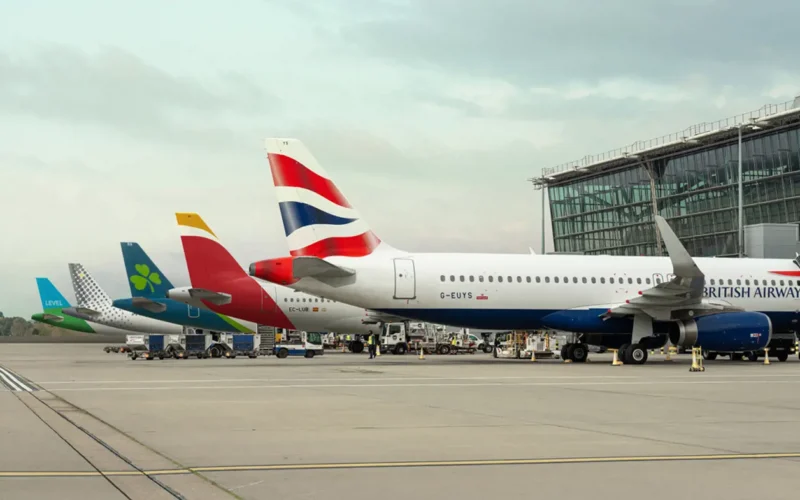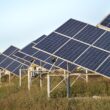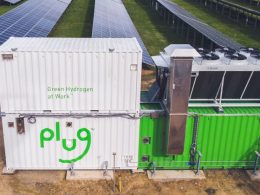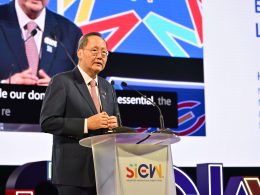International Airlines Group (IAG) has signed a 10-year agreement with e-SAF producer Infinium to supply power-to-liquid sustainable aviation fuel (e-SAF) to the UK market starting in late 2026. The partnership is expected to reduce lifecycle greenhouse gas emissions by up to 90% compared to conventional jet fuel, marking a significant step in aviation’s decarbonisation efforts.
The e-SAF, produced using water, waste CO₂, and renewable energy, will support the operations of IAG’s five airlines—Aer Lingus, British Airways, Iberia, LEVEL, and Vueling. According to 2023 data from IATA, IAG airlines already accounted for approximately 12% of the global SAF supply, positioning the group as a leader in sustainable aviation practices.
“So far, we’re on track to deliver our 10% 2030 SAF goal, and agreements with innovators like Infinium are key to reaching this target. Policy support is critical to attract funds for constructing SAF plants and reducing aviation’s reliance on fossil fuels. Aviation is working hard to decarbonise, and we need policies that foster innovation rather than merely increasing costs, which could affect the competitiveness of the European aviation industry,” said Jonathon Counsell, IAG’s Group Sustainability Officer.
The e-SAF will be manufactured at Infinium’s Project Roadrunner facility in West Texas, which is set to become the largest global producer of e-SAF once operational. Project Roadrunner is supported by investments from Brookfield Asset Management and Breakthrough Energy Catalyst. The facility follows the success of Infinium’s Project Pathfinder, an earlier eFuels initiative in Corpus Christi, Texas.
Robert Schuetzle, CEO of Infinium said, “We are proud that IAG has chosen Infinium to help towards its sustainability goals. Long-term, bankable commitments like these enable the scale-up of e-SAF production, which is crucial for the airline industry’s decarbonisation and the advancement of eFuels as viable alternatives to fossil-based fuels.”
The power-to-liquid e-SAF process offers numerous advantages, including a minimal land and water-use footprint, a high degree of emissions reduction, and independence from feedstock limitations. Moreover, the fuel acts as a drop-in replacement for conventional aviation fuel, requiring no modifications to existing aircraft engines.





















